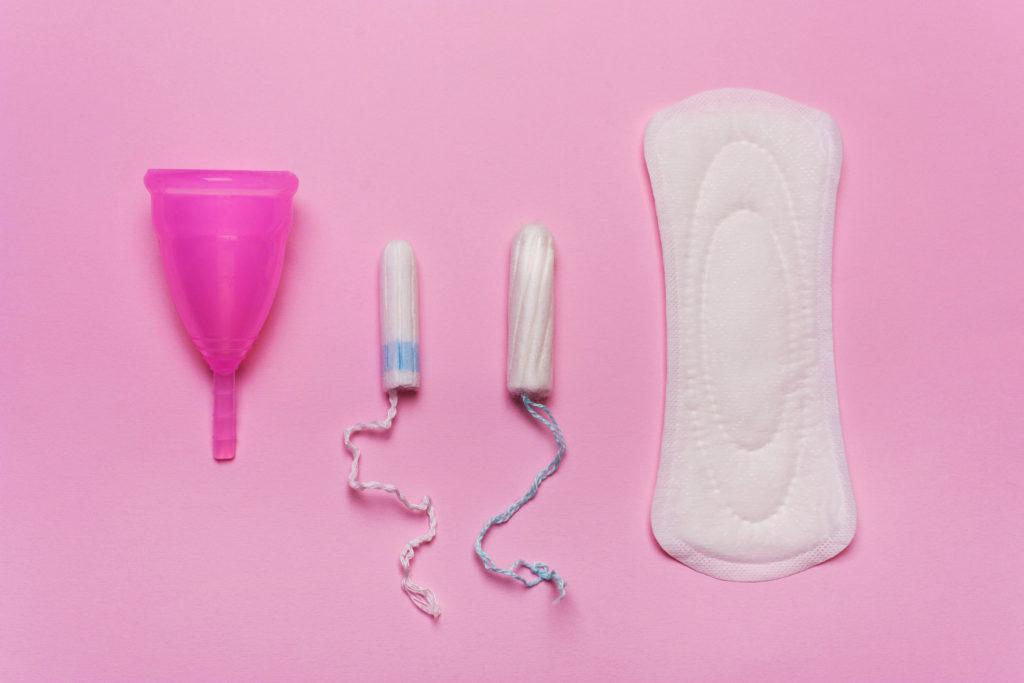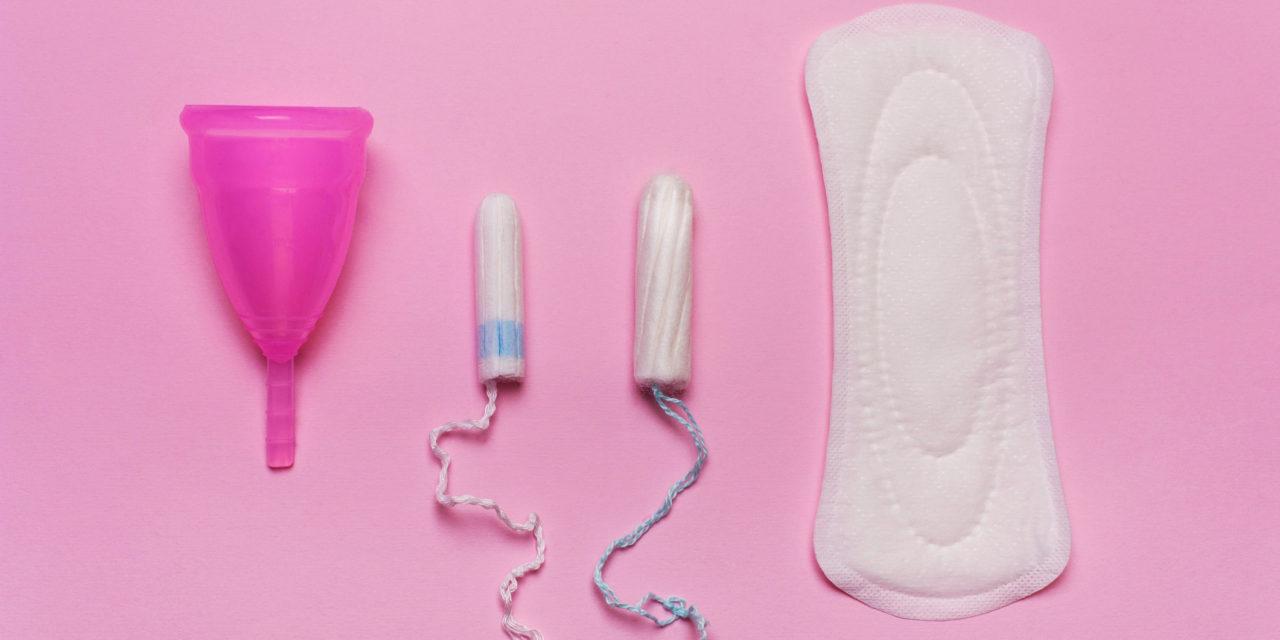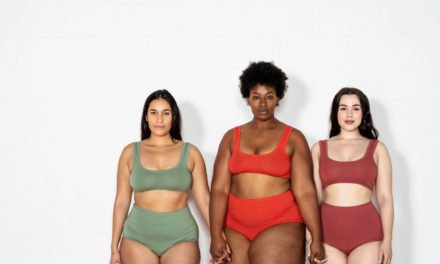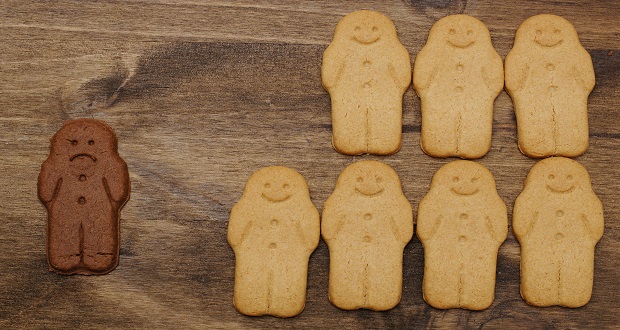
I was 14 when I kept my first big secret from my mother. It wasn’t even out of intention, as much as it was just not wanting to have the conversation.
To avoid it, I would swipe what I needed from my two older sister’s rooms, until one day I couldn’t find what I was looking for. My mom was making the grocery list that day when I asked, “Can you buy more tampons? We’re out.” And that was the beginning and end of my “period talk.”
I don’t know where I learned to feel ashamed about it, but I just did, like how we know what hunger is before we learn the word for it. People who menstruate have been taught to be ashamed of and/or keep silent about their periods for centuries. We avoid swimming because we “feel sick.” We excuse ourselves to the bathroom to “touch up our makeup.” We sneakily slide the tampon or pad into our pocket or purse before leaving the table. We do all of this to avoid saying the truth: “I’m on my period.”
October 19, 2019, was the world’s first National Period Day where people gathered and rallied to elevate the issue of period poverty and demand that period products be made more accessible for all and that the “pink tax” be ended. Last Saturday saw 60 rallies in all 50 U.S. states and four countries.
PERIOD, a global, youth-powered non-profit driving this movement, said in a video:
“If you think it’s uncomfortable to talk about period poverty, imagine the people with cardboard in their underwear. If faces were bleeding, someone would do something.”
Many menstruators—as not all people who menstruate are women; transgender men and non-binary people get their periods too—cannot access or afford products like tampons and pads. Always, a brand of menstrual hygiene products, recently did a study on period poverty, finding that 1 in 4 menstruators struggle to afford period products due to a lack of income and that 46% of low-income menstruators had to choose between a meal and period products. And there are still 35 states in the U.S. with a sales tax on menstrual products, considering them non-essential. If these products were classified as hygiene products—like Rogaine and Viagra are—then they would be eligible to be tax-free. Because of the stigma placed around menstruating, we rarely talk, or even think, about what it’s like for a homeless or low-income menstruator to get their period. And we’re certainly not having open conversations about period health or solutions to period poverty.
This stigma starts at such a young age. That same study found that 1 in 5 girls in the U.S. have either left school early or missed school entirely because they did not have access to period products. This means 143,000 girls in New York City alone. Or 88,000 in Los Angeles. 65,000 in Chicago. The list goes on. I distinctly remember having to call my mom to get me from school on many occasions because my period was too heavy, and I ran out of products. We are risking our youth missing out on important school lessons, formative interactions with fellow students, or even confidence-building activities. This lack of access to menstrual hygiene products and this period shame is disempowering menstruators, causing us to feel embarrassed about a very normal biological process.
We are risking our youth missing out on important school lessons, formative interactions with fellow students, or even confidence-building activities. This lack of access to menstrual hygiene products and this period shame is… Share on XAs expected, this is just not an issue in the U.S. In Nepal, menstruators are seen as impure and banished to huts during their cycles. In India, only 12% of menstruators have access to sanitary products, leaving the rest to use unsafe materials, such as rags and sawdust. The non-governmental agency WoMena found in Uganda that girls were skipping school while on their period to avoid teasing by classmates.
Sanjay Wijesekera, the former UNICEF Chief of Water, Sanitation and Hygiene, said it best:
“Meeting the hygiene needs of all adolescent girls is a fundamental issue of human rights, dignity, and public health.”
Luckily, the Always study also found that when people learned of these statistics and stories, 89% were shocked and wanted to take action to help keep menstruators in school. You can join the mission to #EndPeriodPoverty by picking up a pack of pads to initiate donations to the Feeding America network, donating just $2 to PERIOD to cover an entire menstrual cycle, or simply being confident and open to conversations about menstruating to break down the stigma.
It’s time we realize that menstrual hygiene is a right, not a luxury.
It’s time we realize that menstrual hygiene is a right, not a luxury. Share on X


















